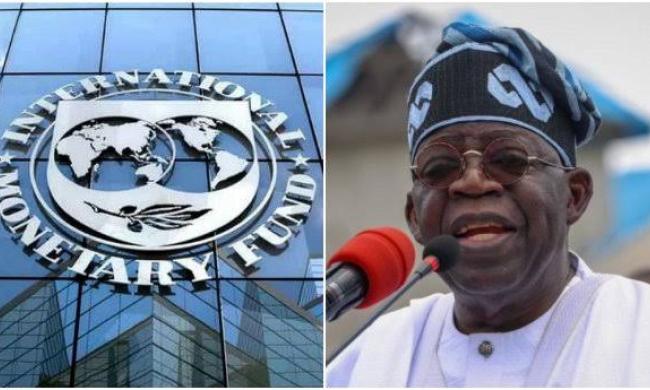According to the IMF’s African Region Director, Abebe Selassie, the decision reached was a domestic one.
The International Monetary Fund (IMF) has denied playing a role in the removal of fuel subsidy by the President Bola Tinubu-led Nigerian government.
This was stated at a press conference during the IMF and World Bank Annual Meetings in Washington DC, United States..
According to the IMF’s African Region Director, Abebe Selassie, the decision reached was a domestic one.
“The decision was a domestic one. We don’t have programmes in Nigeria. Our role is limited to regular dialogue, as we have with other nations like Japan or the UK,” the official said, according to Vanguard.
While agreeing the need for investment in critical sectors of the country, like healthcare, infrastructure and education, he argued that the government’s choices regarding subsidy removal reflect its long-term strategy for sustainable economic growth.
“Ultimately, these are profound domestic and political decisions that the government had to make,” he said, expressing that the IMF sees these choices as steps toward greater public resource efficiency.”
“We recognise the significant social costs involved. The government can mitigate these by expanding social protection for the most vulnerable.” he said in reference to Nigerians affected by the impact of subsidy removal
It would be recalled that President Bola Tinubu announced that subsidy was gone on May 29, 2023, a development that led to hike on fuel prices with a litre selling for over N1000 as of the time of this report.
The government was accused of following the IMF policies in implementing total subsidy removal.


